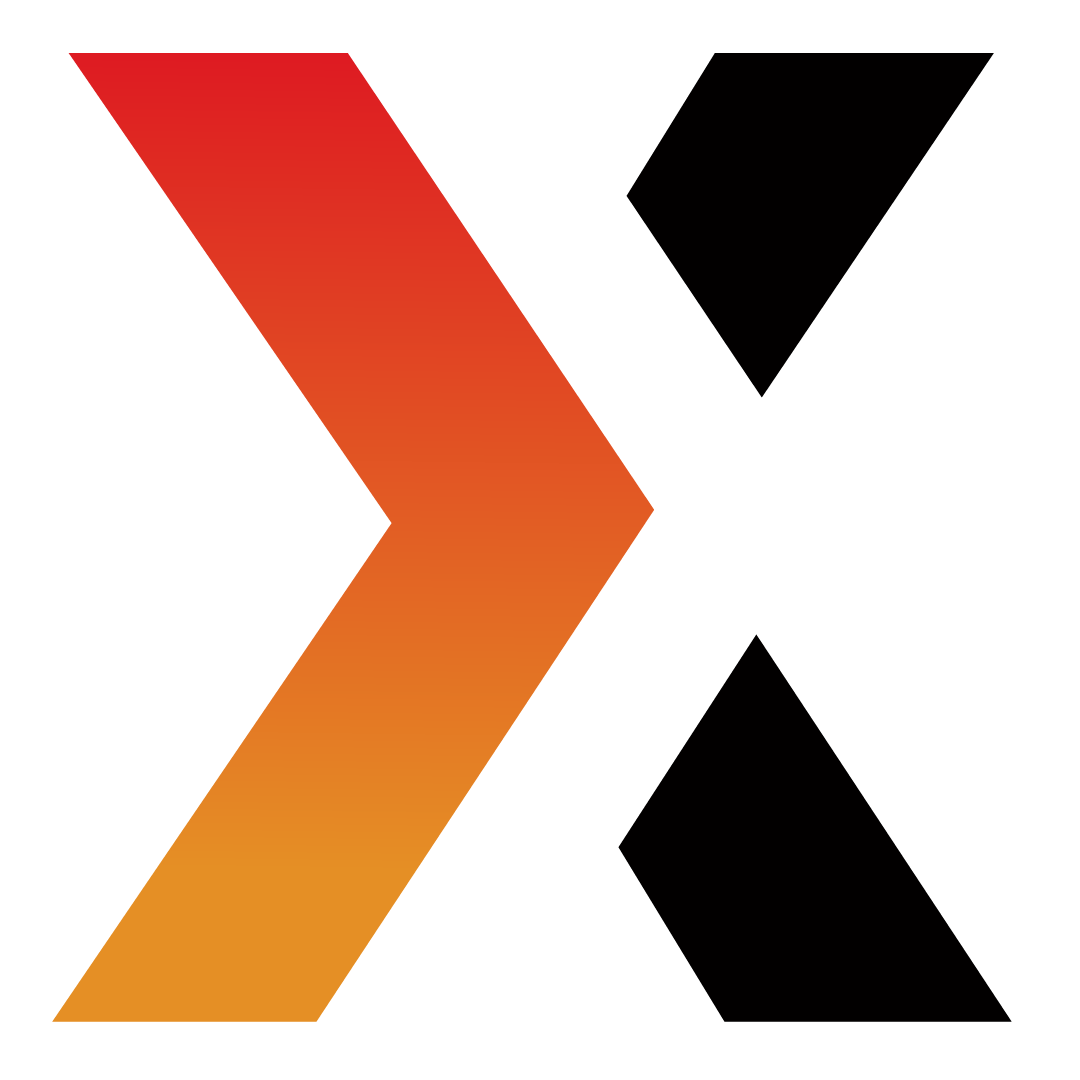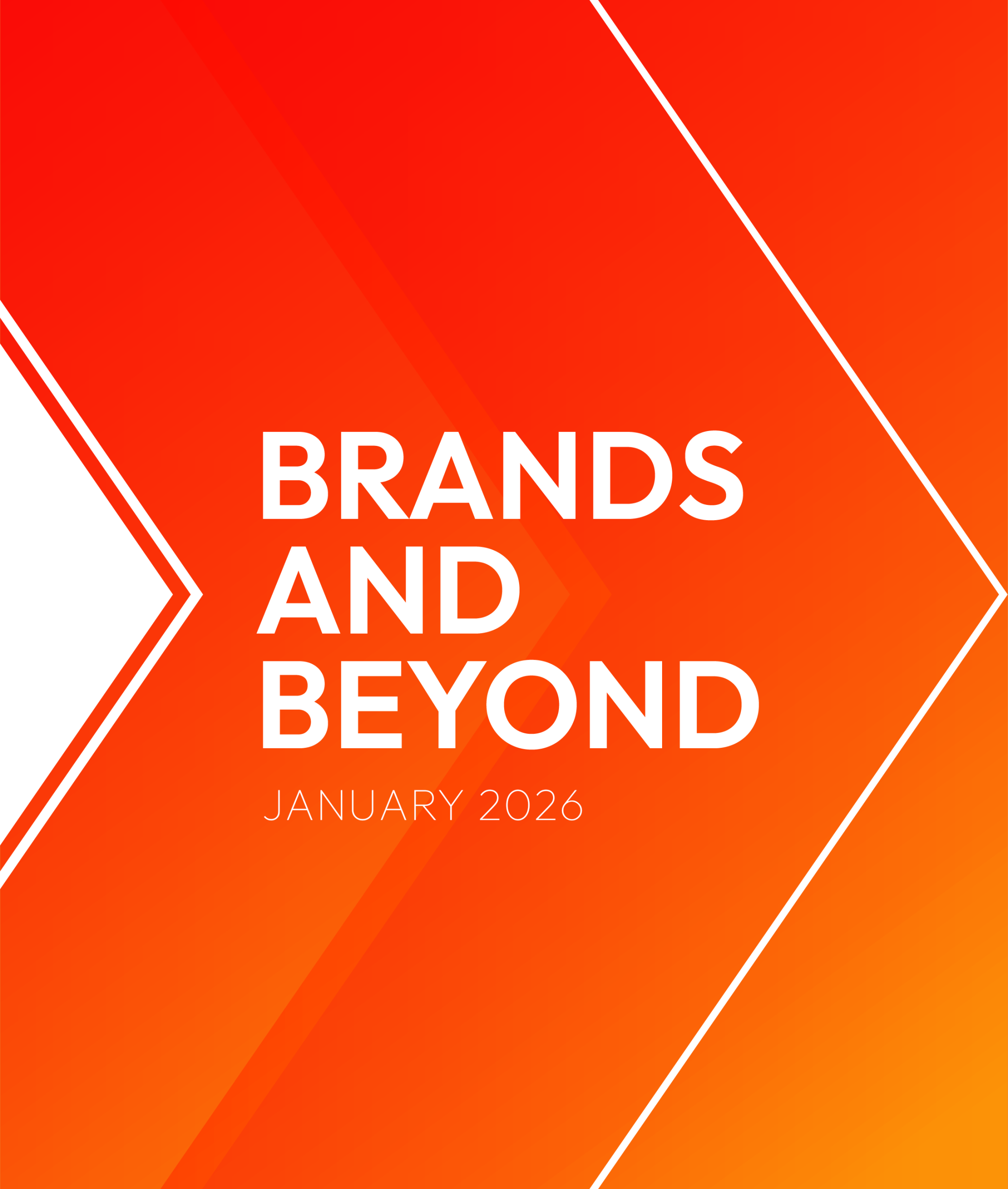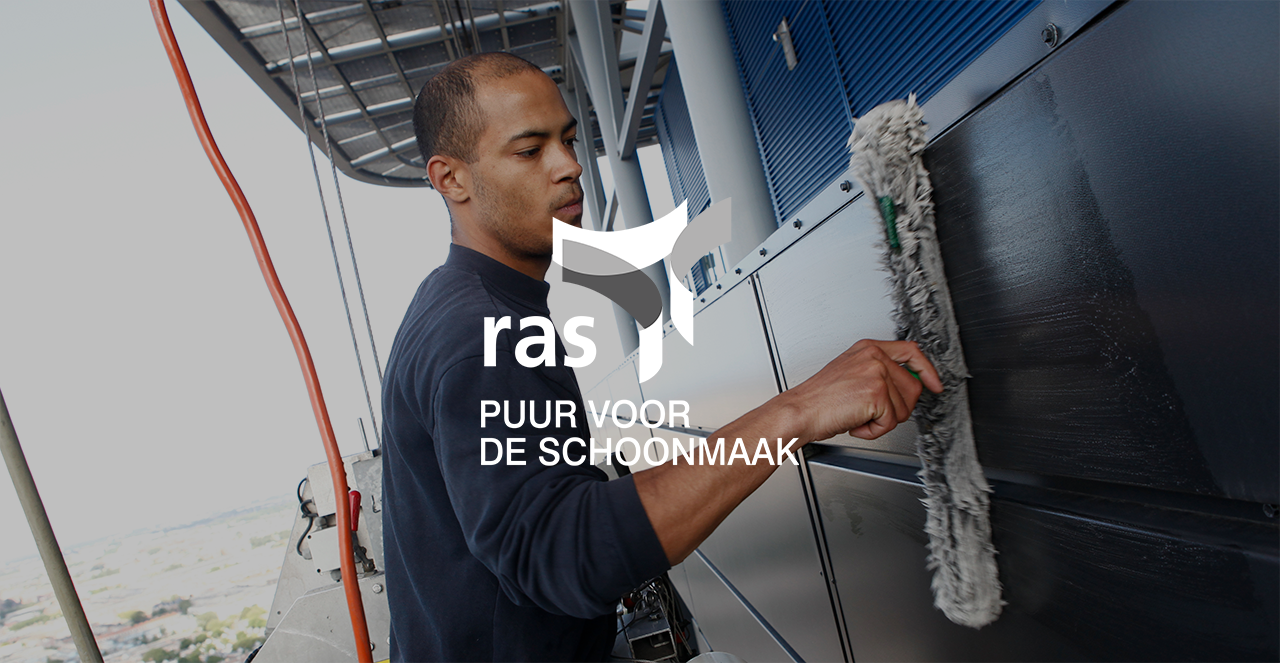Integrating AI Tools for Smarter Conversion Optimization
Integrating AI tools for smarter conversion optimization refers to the strategic use of artificial intelligence technologies to enhance the process of turning website visitors into customers more efficiently. This approach has become increasingly relevant as businesses seek to leverage data-driven insights and automation to improve performance marketing and digital growth in eCommerce. Employing AI-driven solutions allows for more personalized user experiences and optimized conversion funnels.
- AI tools enable in-depth analysis of customer behavior to improve conversion rates.
- Conversion optimization benefits from automation and real-time data insights.
- Performance marketing strategies are enhanced through AI-driven personalization.
- eCommerce platforms utilize AI for smarter segmentation and targeting techniques.
- Risks include data privacy concerns and over-reliance on automated systems.
Lead: Integrating AI tools for smarter conversion optimization involves leveraging artificial intelligence to systematically enhance a website’s or digital platform’s ability to convert visitors into buyers or leads. This integration is highly relevant in contemporary digital marketing as it directly impacts performance marketing efforts and accelerates digital growth, particularly within eCommerce sectors. AI tools have transformed how businesses understand user journeys and tailor strategies accordingly.
Introduction: Conversion optimization is a crucial aspect for any business operating online, particularly in the competitive eCommerce landscape. The integration of AI tools marks a significant shift in this space, as AI’s capabilities allow for more precise, scalable, and intelligent decision-making. Brands and marketers can apply AI technologies to identify patterns in customer data, predict behaviors, and automate optimizations that were previously manual or imprecise. This evolution is essential due to the increasing volume and complexity of data generated in digital channels, making AI a vital resource for stakeholders seeking measurable digital growth and enhanced performance marketing outcomes.
Main Section: Definitions, Examples, and Market Context
Definitions
AI tools refer to software and platforms powered by artificial intelligence technologies such as machine learning, natural language processing, predictive analytics, and automation algorithms. These tools analyze large datasets to deliver actionable insights and automate decision-making processes.
Conversion optimization is the process of increasing the percentage of website visitors who take a desired action, such as making a purchase, filling out a form, or subscribing to a service. It involves examining user behavior, testing variations of content and layout, and refining customer journeys.
Performance marketing focuses on advertising and marketing strategies driven by measurable outcomes such as clicks, leads, sales, or other conversion goals, often using real-time data.
Digital growth refers to the expansion of a brand’s reach, engagement, and revenue through digital channels, often accelerated by data-driven strategies and technological innovations.
eCommerce describes the buying and selling of goods or services via electronic systems, primarily the internet, where conversion optimization has a direct impact on sales performance.
Examples of AI Tools in Conversion Optimization
Several AI-driven tools have been widely adopted for conversion optimization purposes, demonstrating their utility across various industries:
- Personalization Engines: Tools like Dynamic Yield and Optimizely use machine learning to tailor website content and offers to individual user preferences, increasing engagement and conversion rates.
- Chatbots and Virtual Assistants: AI-powered chatbots such as Drift and Intercom provide real-time customer support and guidance, reducing friction in the user journey and advancing conversions.
- Predictive Analytics: Platforms like Google Analytics with AI capabilities and IBM Watson analyze customer data to predict likely behaviors and optimize marketing tactics accordingly.
- Automated A/B Testing: Solutions like VWO or Adobe Target automate the testing of website variables, making conversion data analysis faster and more efficient.
These examples illustrate the practical applications of AI in optimizing conversion processes by emphasizing data-driven personalization, automation, and real-time responsiveness.
Market Context and Trends
The market for AI tools in conversion optimization is expanding rapidly, driven by businesses’ need to harness vast amounts of customer data and improve marketing performance. According to industry reports, AI adoption in digital marketing grew significantly over the past decade, with eCommerce being one of the primary beneficiaries. Brands increasingly allocate budgets toward AI-powered software to stay competitive, enhance customer experiences, and maximize the ROI of performance marketing campaigns.
As consumer expectations evolve, integrating AI tools enables brands to deliver seamless, customized shopping experiences, reducing bounce rates and increasing conversion rates. Moreover, global digital growth trends emphasize the importance of AI in managing multichannel marketing strategies effectively.
Risks and Considerations
While AI offers substantial benefits for conversion optimization, certain risks must be acknowledged:
- Data Privacy and Compliance: Using AI tools often requires handling sensitive customer data, necessitating strict adherence to privacy regulations such as GDPR or CCPA.
- Over-reliance on Automation: Excessive dependence on AI without human oversight can lead to missed nuances in customer behavior or inappropriate automated responses.
- Integration Complexity: Incorporating AI tools into existing digital infrastructure may require technical expertise and resources, which could be a barrier for smaller organizations.
- Bias and Accuracy: AI models may inherit biases from training data, potentially impacting the fairness and effectiveness of conversion tactics.
Organizations should approach AI integration with a strategy that balances technological innovation and ethical considerations to ensure sustainable results.
Summary
Integrating AI tools for smarter conversion optimization represents a critical advancement in enhancing digital marketing effectiveness. AI technologies enable businesses to analyze customer data in depth, automate testing and personalization, and optimize performance marketing campaigns more efficiently. These capabilities contribute directly to accelerating digital growth and boosting eCommerce outcomes by improving how users navigate and convert within online environments. However, successful AI integration requires careful consideration of data privacy, technology adoption challenges, and continuous human oversight to mitigate risks. For brands seeking to maintain competitive advantage and maximize conversion rates, exploring AI-powered solutions is a strategic imperative.
Stay informed about the latest developments in AI-driven marketing and conversion optimization by subscribing to our newsletter.





